

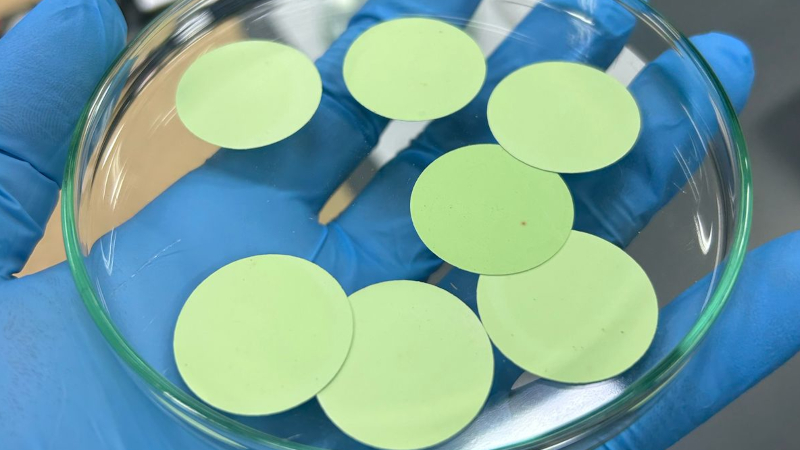
Funded by FAPESP, the Center for Innovation on New Energies has already produced 100% Brazilian prototypes, reducing dependence on foreign suppliers.

Funded by FAPESP, the Center for Innovation on New Energies has already produced 100% Brazilian prototypes, reducing dependence on foreign suppliers.
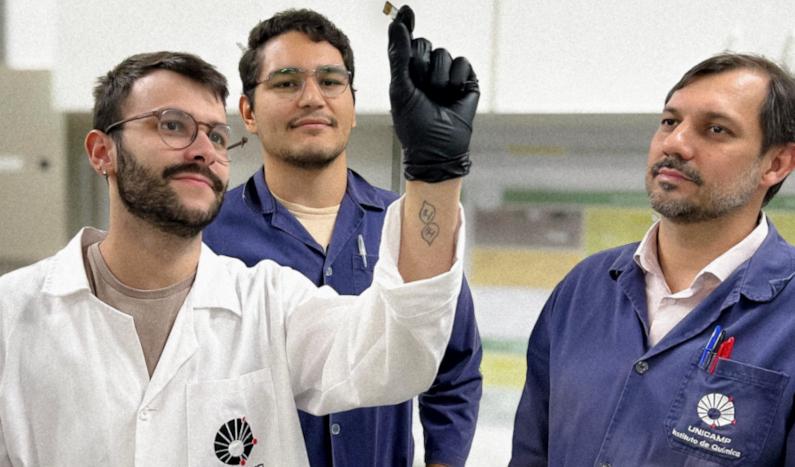
Researchers at the State University of Campinas have significantly increased the efficiency of low-cost materials using a simple approach to altering their structure.
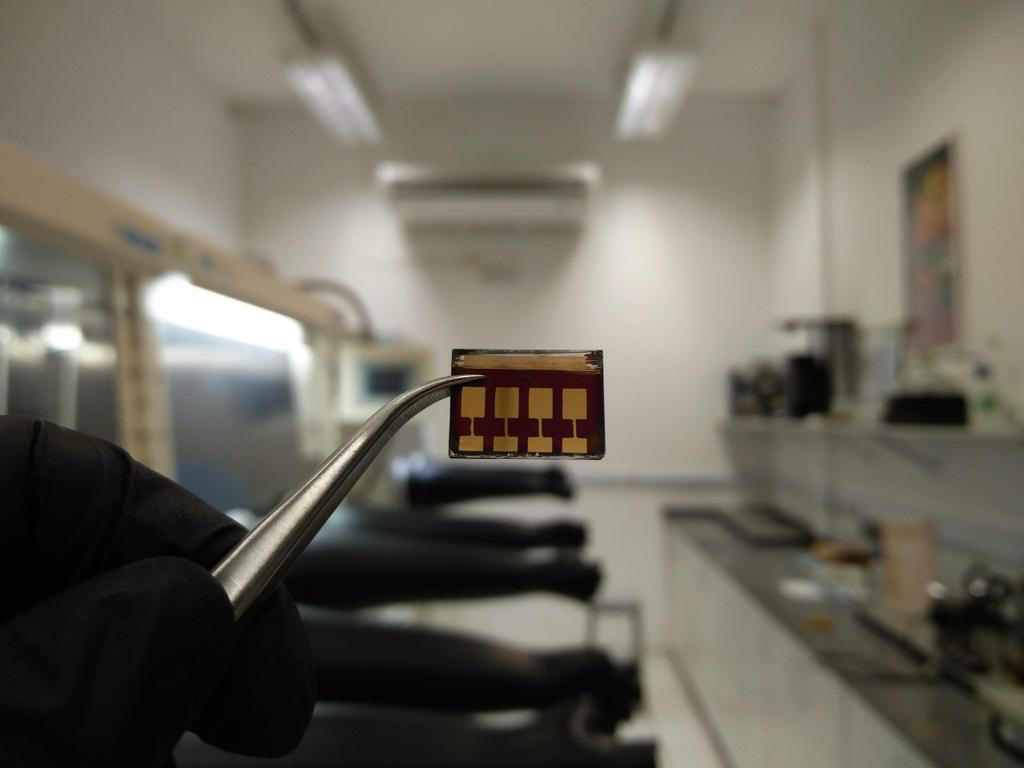
Films made from these photosensitive semiconductors promise to be the stars of the next generation due to their ability to convert sunlight into electricity. However, the stability of the material under heat and humidity still needs improvement.

Films made from these photosensitive semiconductors promise to be the stars of the next generation due to their ability to convert sunlight into electricity. However, the stability of the material under heat and humidity still needs improvement.
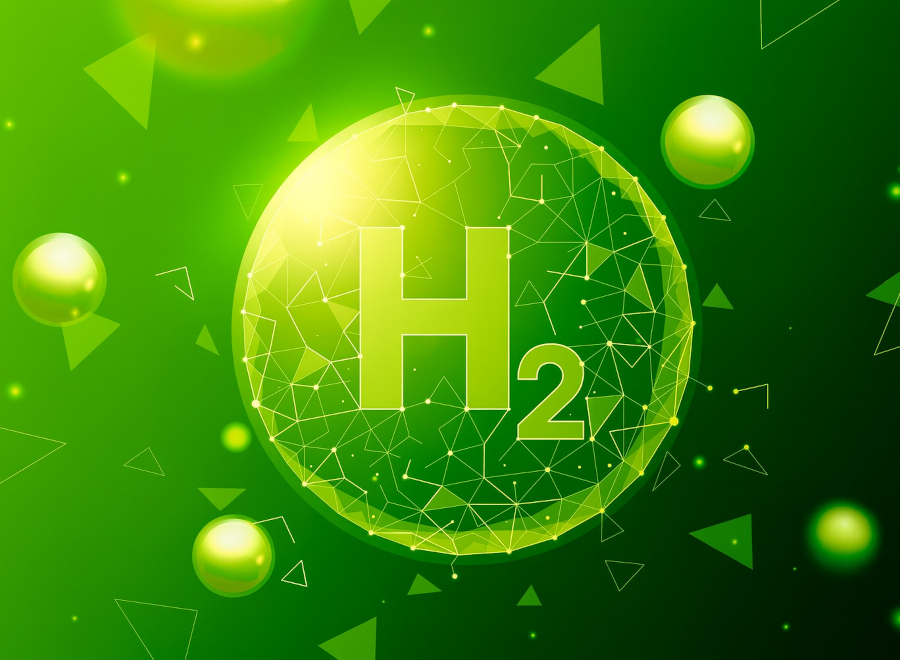
Mathematical tool aims to minimize total capital and operating costs while ensuring robust performance in the face of instabilities in the supply of renewable energy, since the sun and wind are intermittent sources.

Mathematical tool aims to minimize total capital and operating costs while ensuring robust performance in the face of instabilities in the supply of renewable energy, since the sun and wind are intermittent sources.

The study investigated compounds that can be used as electrolytes in sodium-ion devices. Sodium is an abundant and widely distributed element. The equipment shows great promise for storing surplus energy from solar and wind farms.

According to a study led by researchers from the Center for Innovation in New Energies, the abundant biodiesel by-product increases the efficiency of photoelectrochemical cells since water oxidation is slow and inefficient.
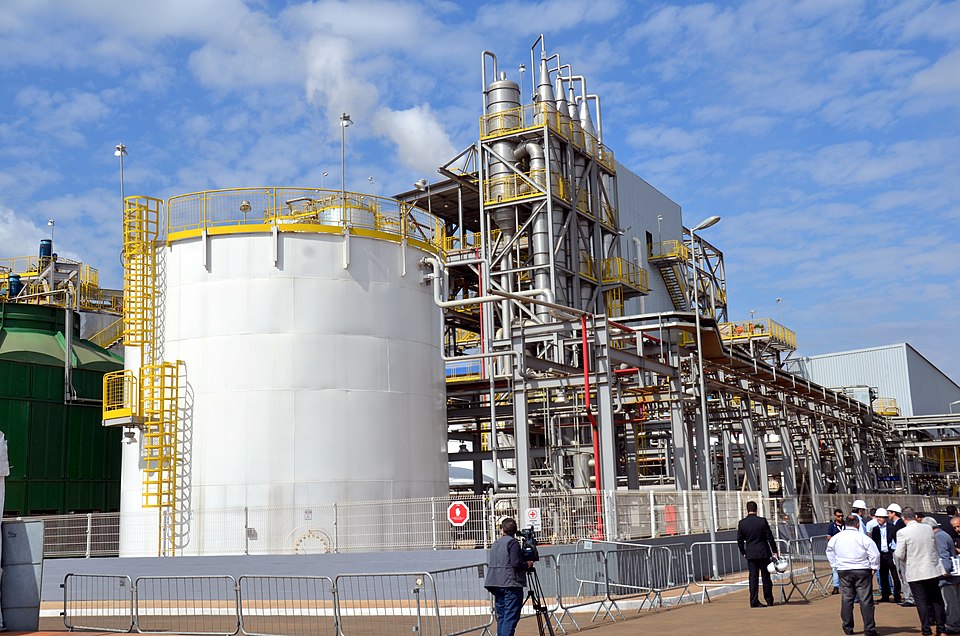
Technology created at the Research Center for Greenhouse Gas Innovation helps identify contaminating microorganisms, enabling plants to combat them more quickly and effectively.
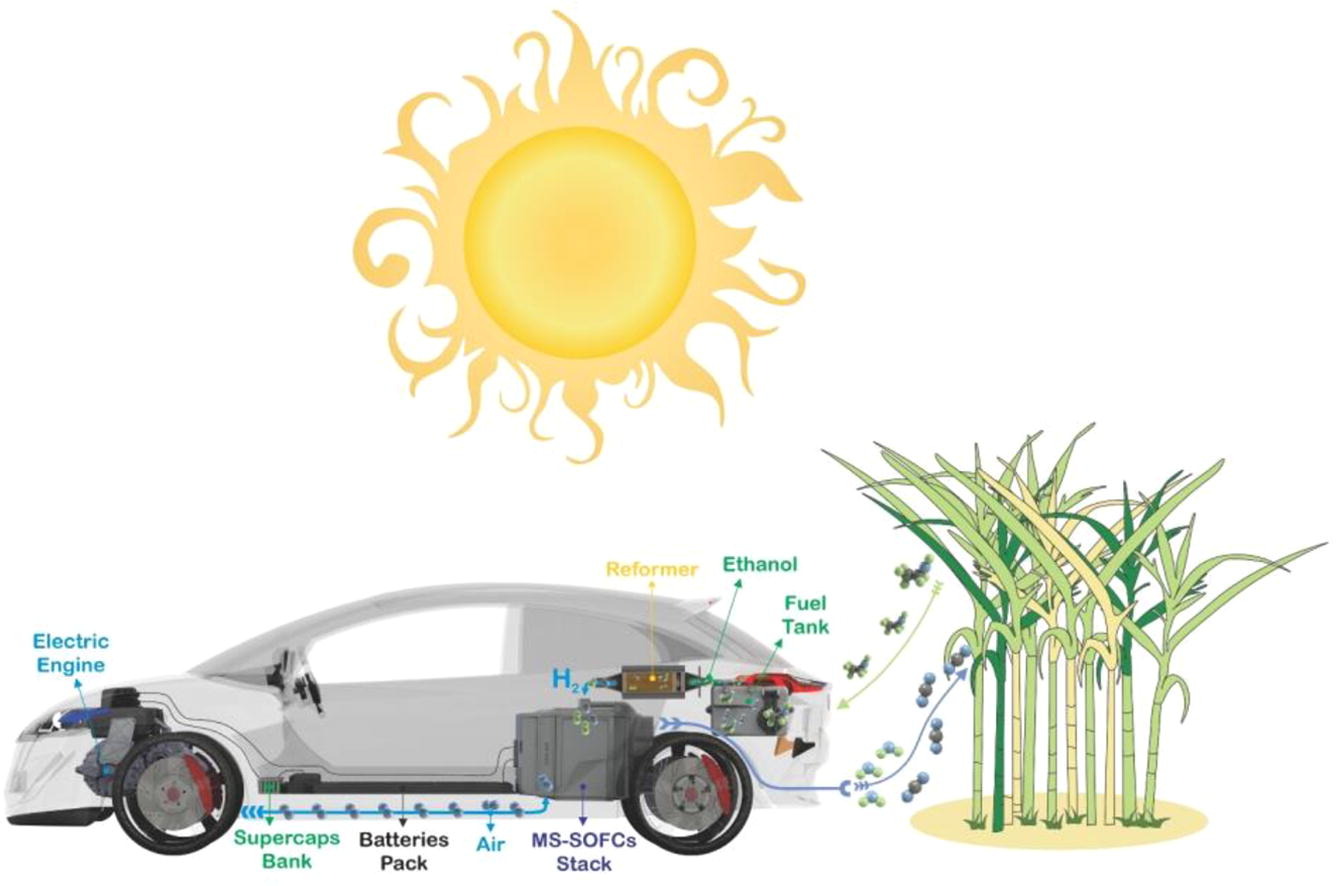
In a review article, researchers highlight the challenges that must be overcome to increase the performance and lifetime of MS-SOFC fuel cells while reducing the cost and environmental impact.

At the 4th FAPESP 2025 Conference, the former vice chair of the IPCC stated that the renewable energy sector is growing faster than the fossil fuel sector. She said she has not lost hope that the global average temperature increase can be limited to 1.5 °C above pre-industrial levels.
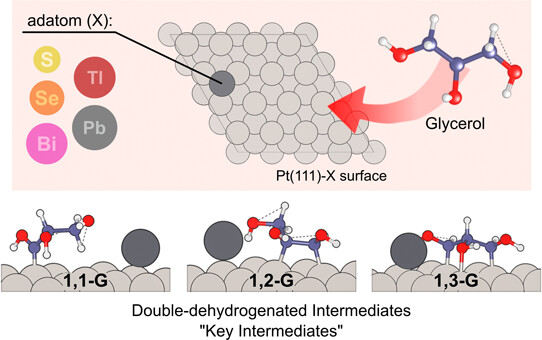
Research by the Center for the Development of Functional Materials and the State University of Campinas addresses an important process for generating energy and producing high value-added chemical products.
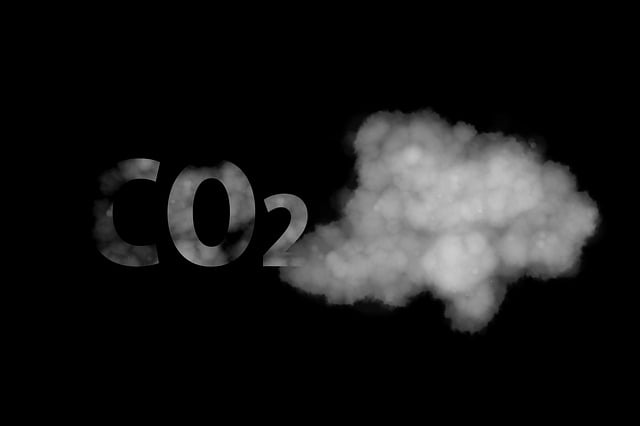
An international consortium of scientists presents an overview of the subject in an article published in the journal Science.
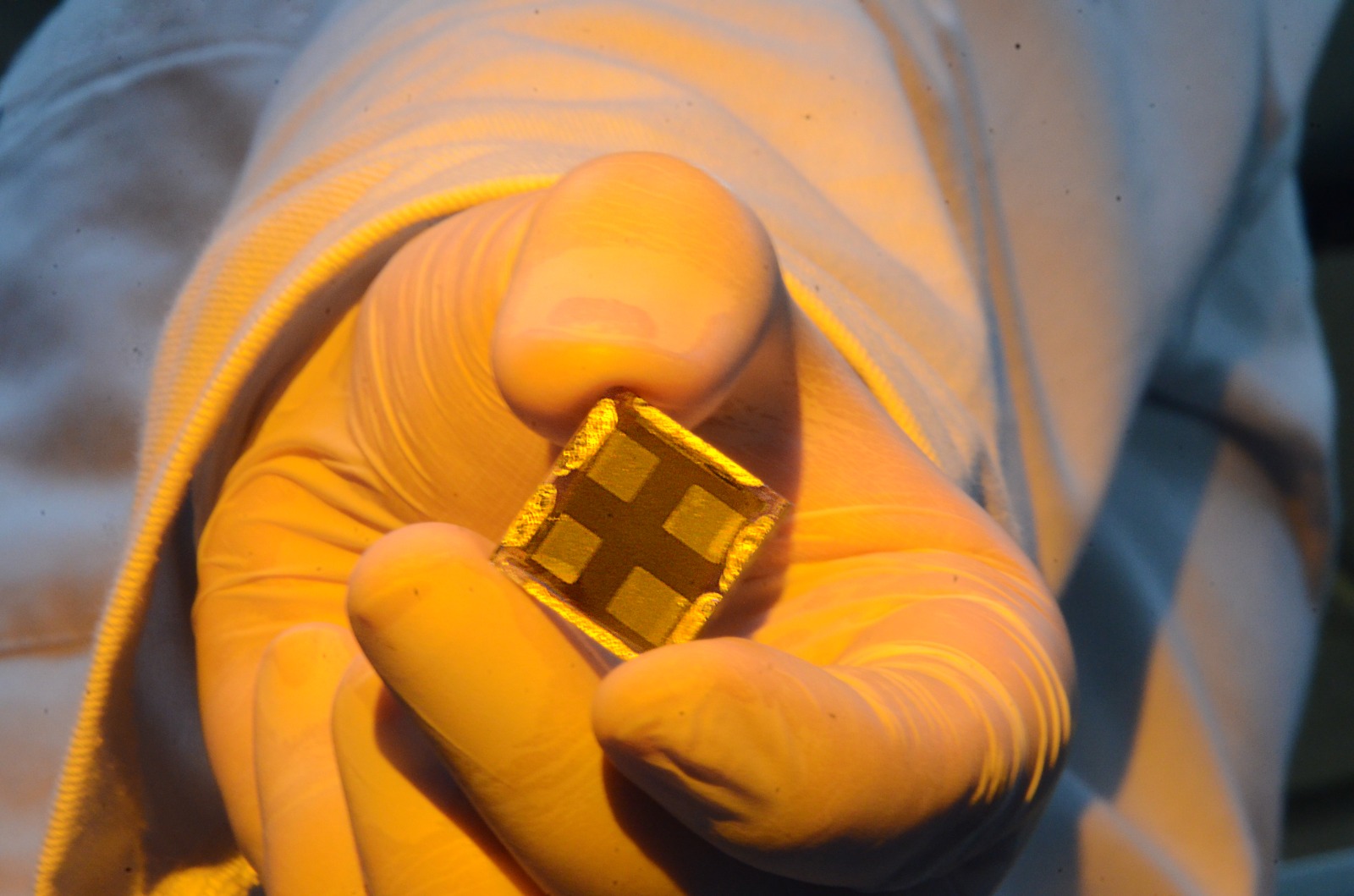
The material is as efficient as silicon in generating clean energy and has lower production costs, greater lightness and flexibility. Its rapid degradation is one of the main obstacles to overcome to make its use viable.
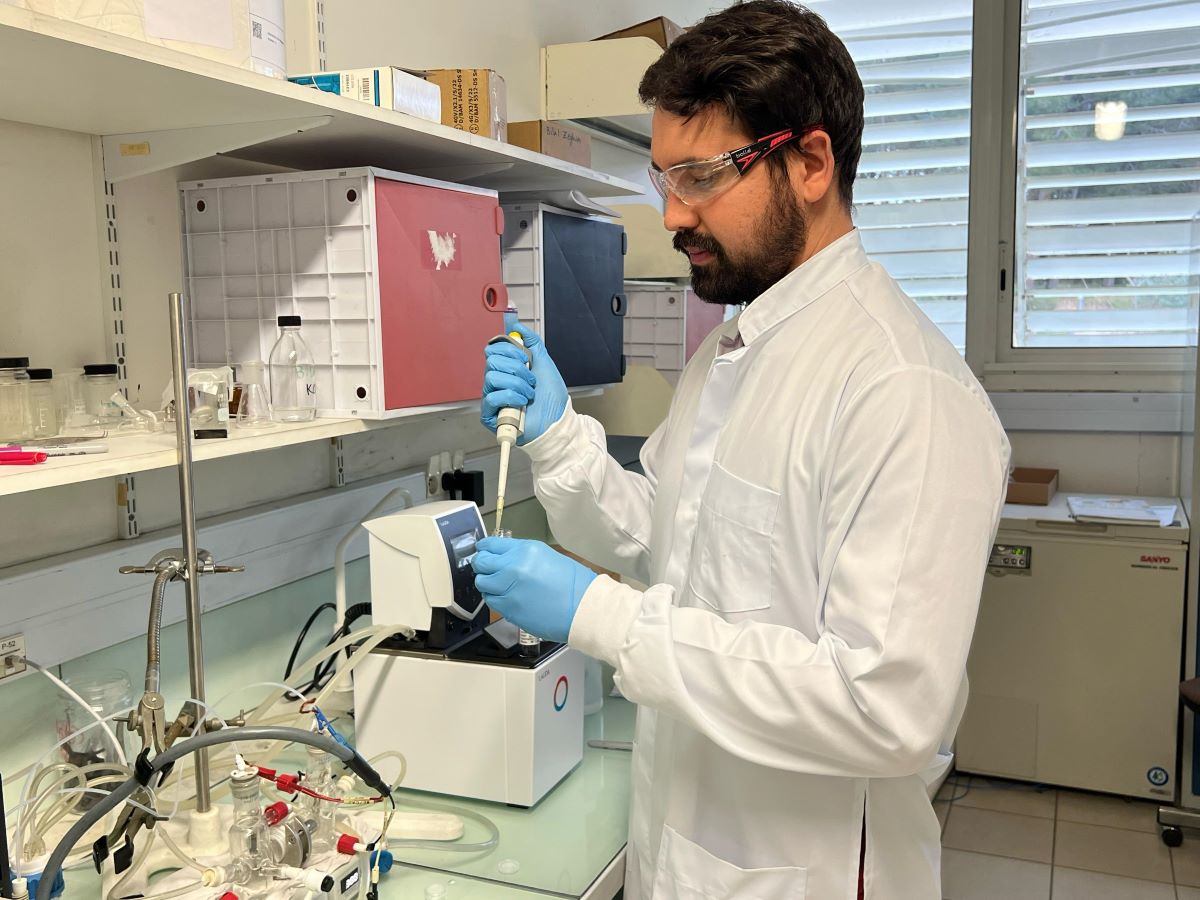
In order to improve the performance of photoelectrocatalysts that act in the “separation” of H2, work carried out at a FAPESP-supported research center uses light and glycerol to eliminate unwanted compounds resulting from the reaction of these materials with organic molecules.
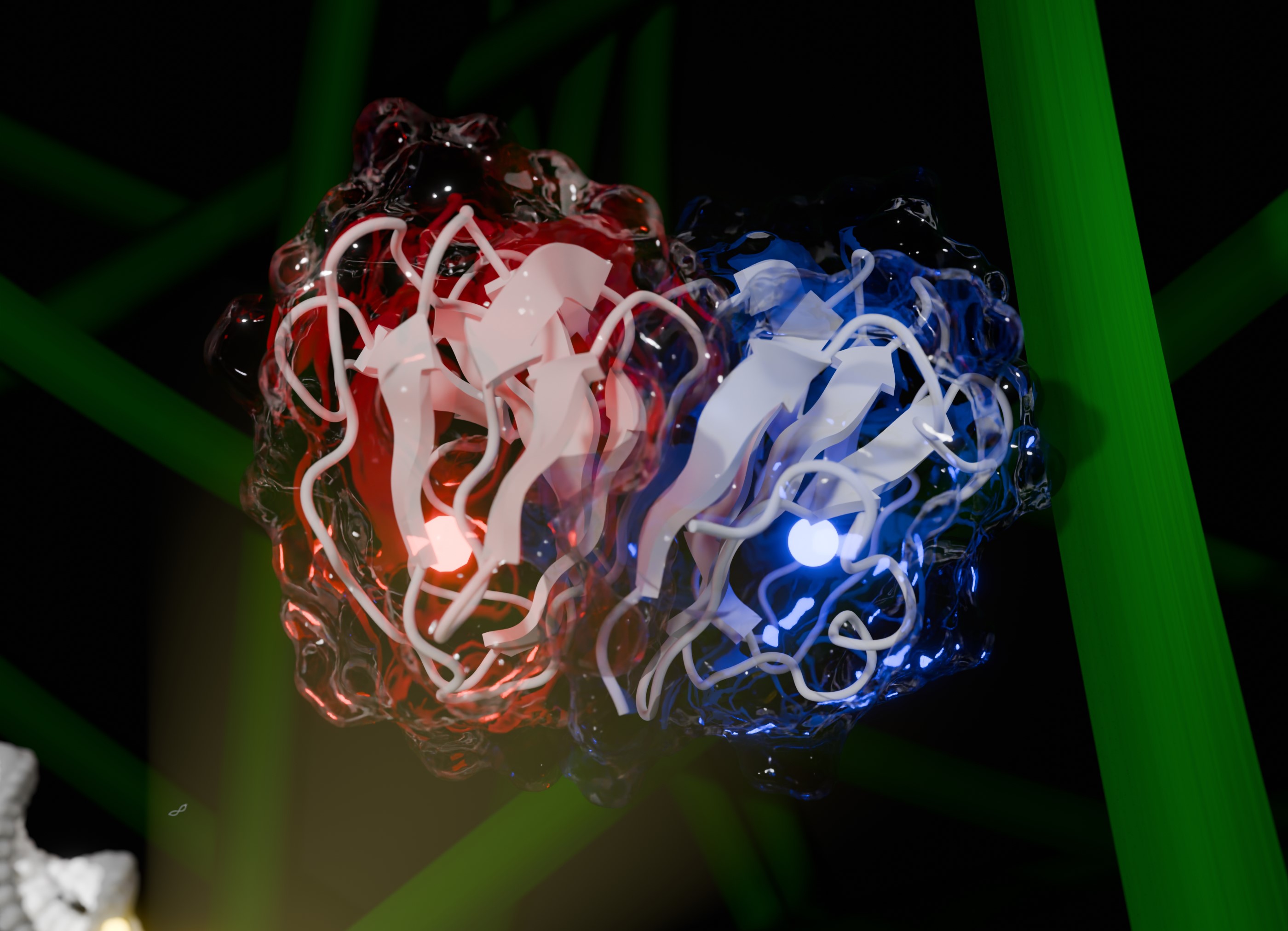
This natural protein, called CelOCE, was obtained at the Brazilian Center for Research in Energy and Materials and can be immediately incorporated into the industrial process. The discovery was published in the journal Nature.

The Governor of the state of São Paulo visited the site to learn about the FAPESP-supported pilot project, which is a global pioneer and could boost sustainable energy in Brazil.

Company developed with the support of FAPESP a process to transform by-products into high-tech materials for batteries.
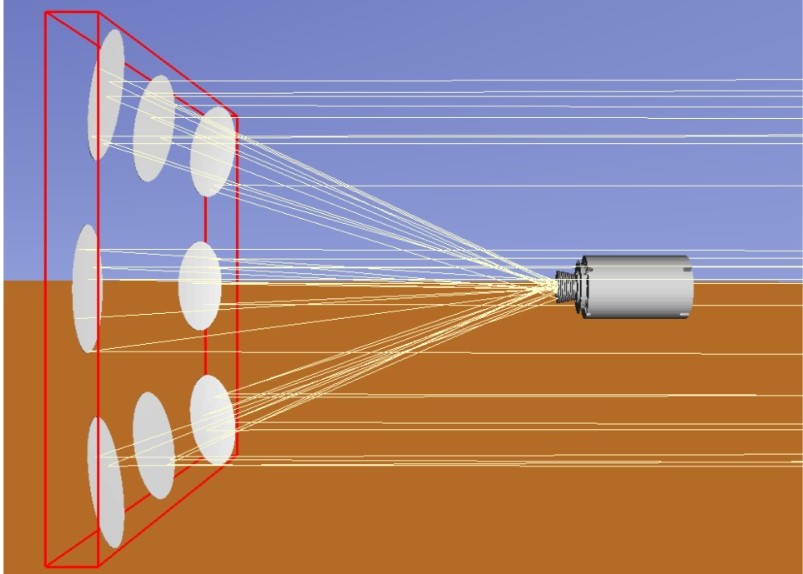
Produced at the Engineering School (POLI-USP), the equipment generates thermal radiation similar to that of the sun. It makes it possible to test devices and technologies in the laboratory without having to rely on ideal weather conditions.
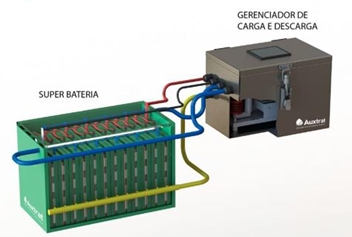
Technology being developed with support from FAPESP allows the device to produce more electric current and could be useful in the automotive, aerospace and marine sectors.

Innovative approach developed by research groups in Brazil has already been patented by the National Institute of Private Property.
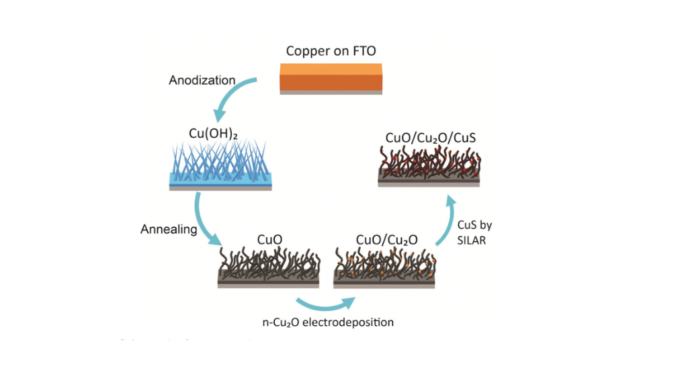
Researchers from the Center for the Development of Functional Materials have found that the material is promising for use in processes to produce hydrogen using solar energy.
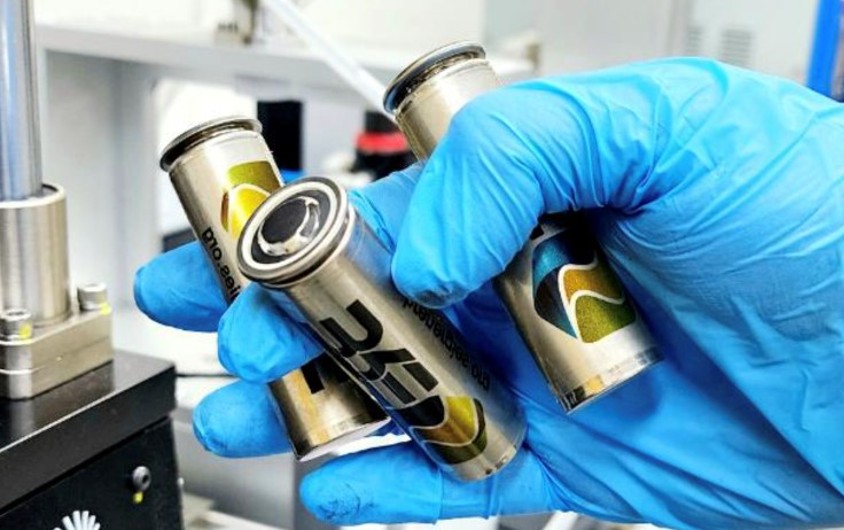
At an event held in Campinas (state of São Paulo, Brazil), FAPESP, Shell, UNICAMP, USP and UFSCar announced the renewal of support for the Center for Innovation in New Energies, which will have 15 new research projects dedicated to improving technologies to make Brazil an exponent in the energy transition.
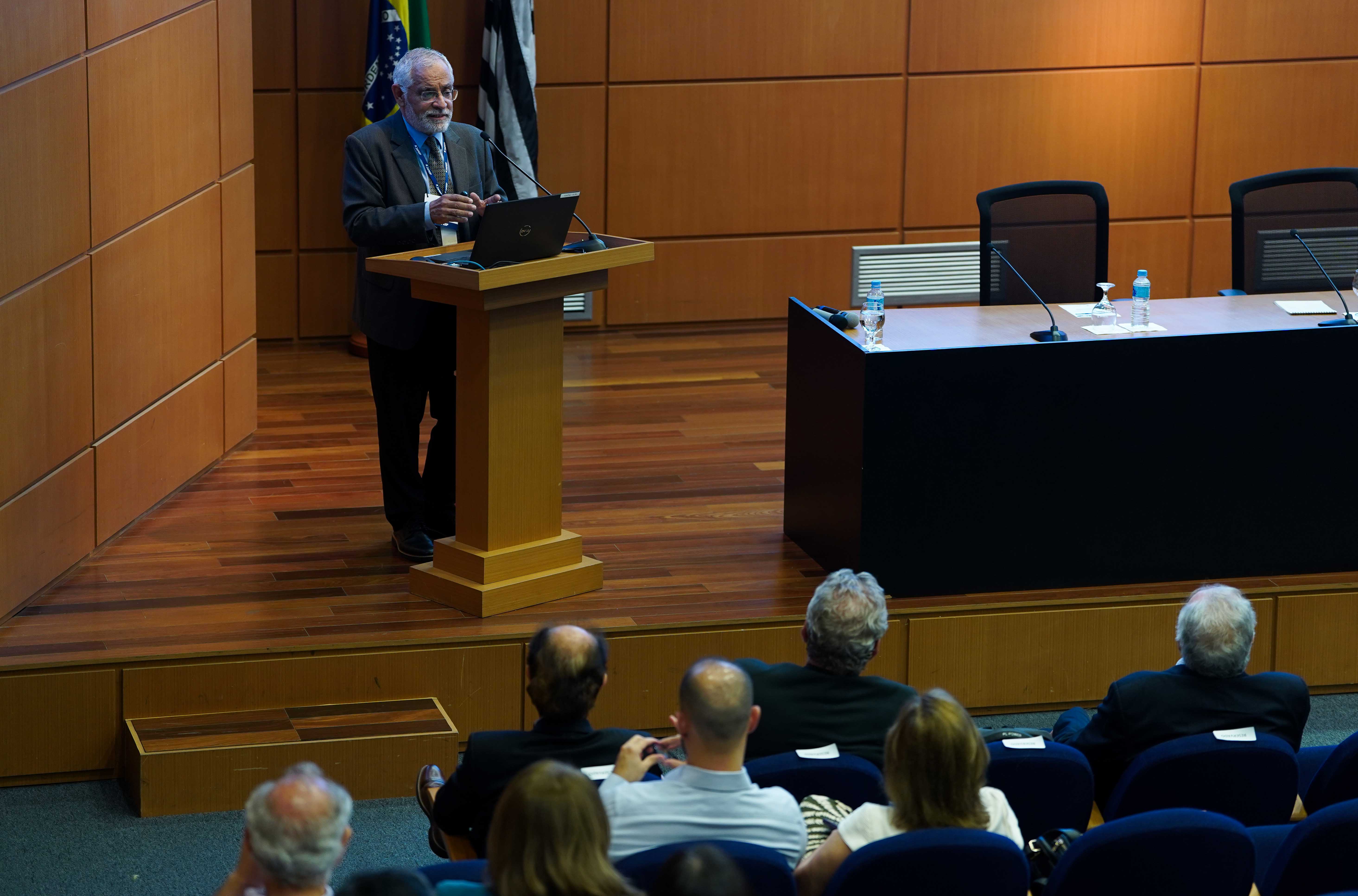
In the 10th FAPESP Lecture 2024, researcher Luiz Augusto Horta Nogueira highlighted the virtues of hybrid vehicles, which combine electricity and biofuels, stressing Brazil’s strategic role in the process.